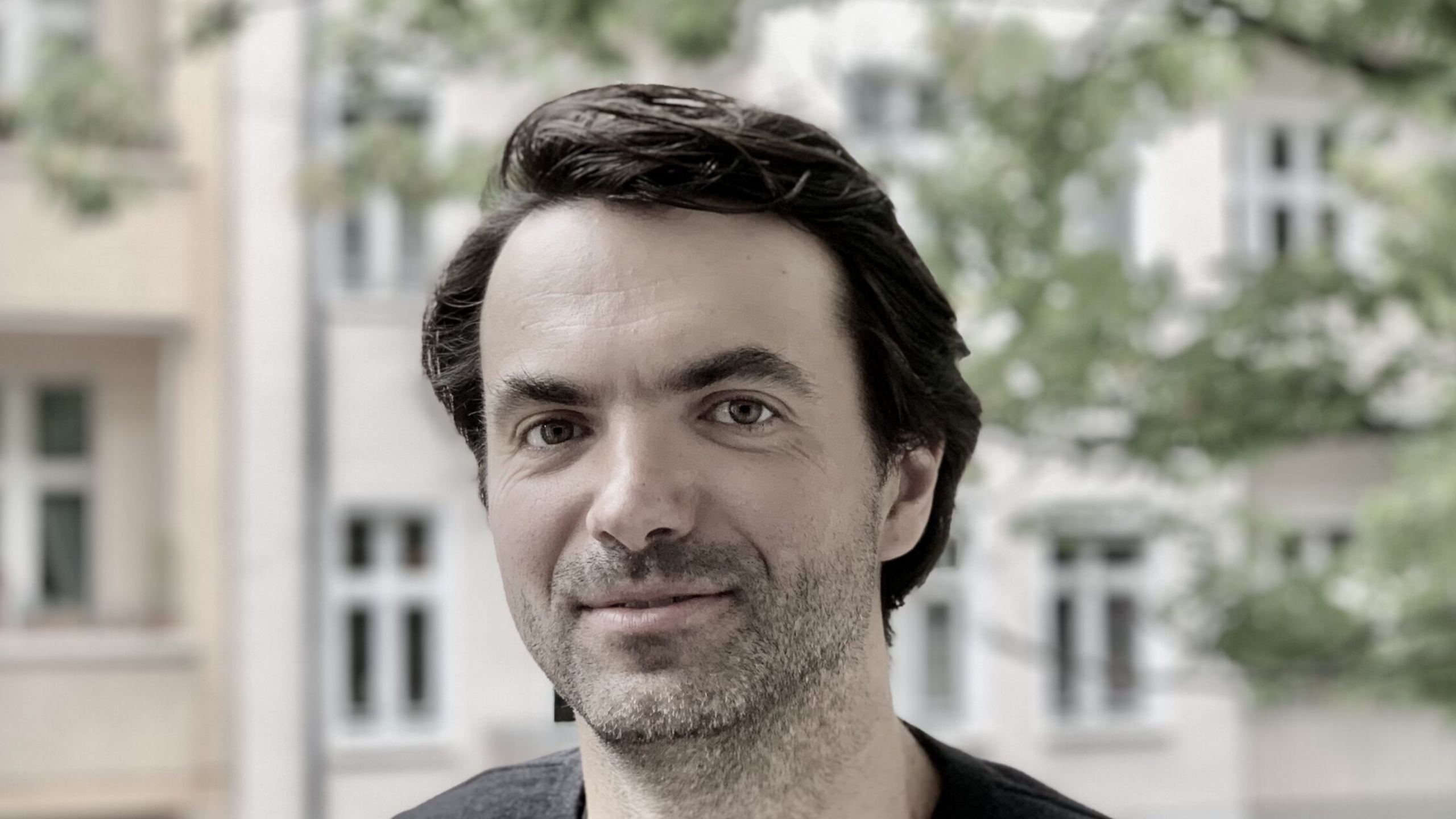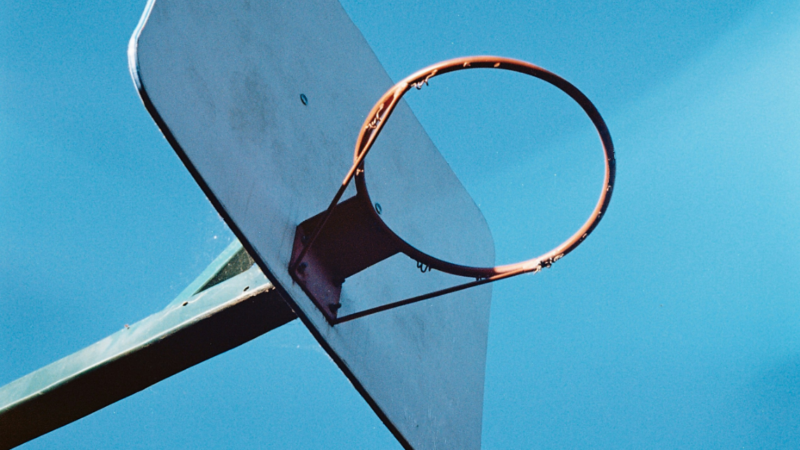Unsere vernetzte Welt verstehen

Games Research at HIIG Hits the Road
In recent months, research into innovations in games and gamification has been a focus in our empirical work at the HIIG. In a case study on innovation and imitation in the games sector, we interviewed game designers, developers, graphic artists, producers and lawyers from both small indie teams and big studios. We were interested in how they, in their daily practice, handle the fine line between being inspired by other games on the one hand and – blatantly or unintentionally – copycatting successful games on the other (see also this blog post). A second group of researchers is building up an investigation into the ways gamification is improving online learning and MOOCs (Massive Open Online Courses).
See this discussion paper for their prior research into MOOCs.
Starting today, games research at HIIG hits the road. Over the course of two months, we will present and discuss our findings and related issues at a series of workshops, conferences and public events:
22 April 2015
Workshop „Save Game – Legal Challenges in Game Preservation“
Today, we co-host a workshop on the challenges of game preservation with a focus on copyright. Archiving and preserving games as part of our cultural heritage has proven to be difficult for museums and libraries not only for technical reasons, but also for legal obstacles. In the context of current debates about copyright reforms within the EU, we will discuss possible solutions for improving this situation. HIIG’s Rike Maier will substantiate the discussion by giving an input about the related issue of orphaned works.
23 April 2015
Panel at Quo Vadis/International Games Week „Copies, Clones and Genre Building – Innovation and Imitation practices in the Games Industry“
At this week’s Quo Vadis, we will enact our research project on imitation and innovation in a nutshell: we bringt together a developer, a producer and a lawyer together to discuss the fine line between inspiration and imitation. Lies will also present first findings of our study.
5 May 2015
Talk at re:publica 15 „From Pong to Flappy Bird – Copying and Genre Building in the Games Industry“
We will deliver the first coherent presentation of our research findings at this year’s re:publica. In a 30 min talk will try to give a short history on the relation of copycatting and innovation in the games industry, and then dive into the findings of our interview study. If you like both Pong and Flappy Bird, don’t miss this event.
15 May 2015
Academic Panel at DiGRA 2015 „International Cultures of Creativity and Imitation“
At this year’s Digital Games Research Conference, we co-host a panel on international cultures of creativity and imitation together with Tom Phillips from the University of East Anglia. Building on recent discourses and complaints about copycatting, researchers from UK, Australia, USA and Germany will present findings from their respective studies on the relationship between creativity and imitation in the games sectors. The panel will also address how this correlates with legal issues of copyright, intellectual property, trademarks, and more general notions of “appropriate” practice in game development.
9 June 2015
Workshop „Innovation in der Gamesbranche – zwischen Schutz und Freiheit“
In June, Medienboard Berlin Brandenburg and HIIG host an afternoon workshop on innovation in the games sector between protection and freedom. The workshop will be held in german. (Update: Short report in german.)
24 June 2015
Digitaler Salon „Level Up – Werden wir durch Spiele schlauer oder optimieren wir uns dumm?“
The final event in this series will be a games-related event in our talk format Digitaler Salon. In June, we will discuss how gamification and serious games currently spread across fields like education and health and how this changes the ways we learn and conceive ourselves.
Dieser Beitrag spiegelt die Meinung der Autor*innen und weder notwendigerweise noch ausschließlich die Meinung des Institutes wider. Für mehr Informationen zu den Inhalten dieser Beiträge und den assoziierten Forschungsprojekten kontaktieren Sie bitte info@hiig.de

Jetzt anmelden und die neuesten Blogartikel einmal im Monat per Newsletter erhalten.
Offene Hochschulbildung
Der Human in the Loop bei der automatisierten Kreditvergabe – Menschliche Expertise für größere Fairness
Wie fair sind automatisierte Kreditentscheidungen? Wann ist menschliche Expertise unverzichtbar?
Gründen mit Wirkung: Für digitale Unternehmer*innen, die Gesellschaft positiv gestalten wollen
Impact Entrepreneurship braucht mehr als Technologie. Wie entwickeln wir digitale Lösungen mit Wirkung?
Bias erkennen, Verantwortung übernehmen: Kritische Perspektiven auf KI und Datenqualität in der Hochschulbildung
KI verändert Hochschule. Der Artikel erklärt, wie Bias entsteht und warum es eine kritische Haltung braucht.




